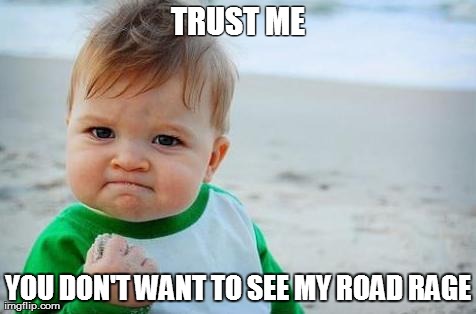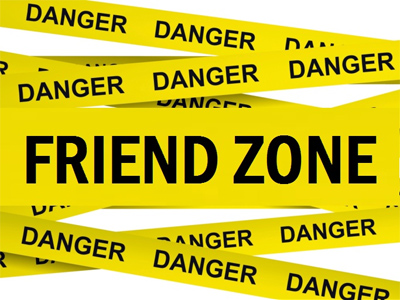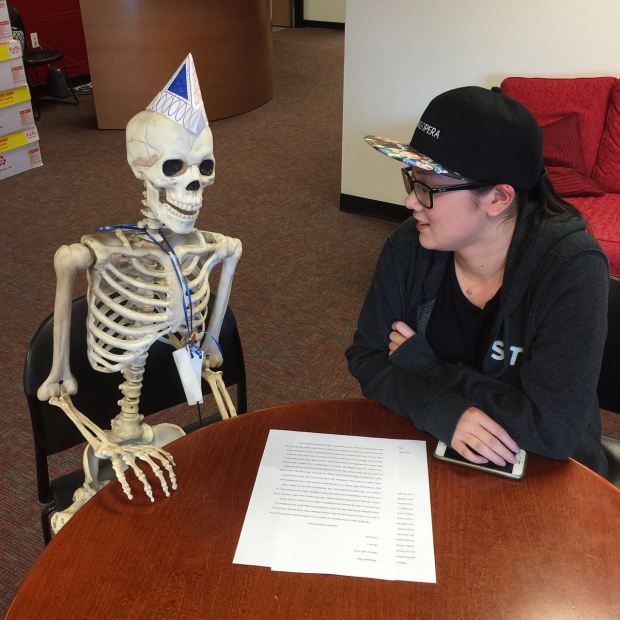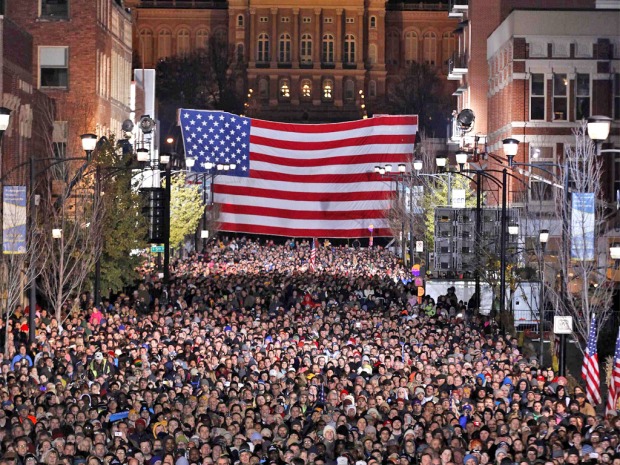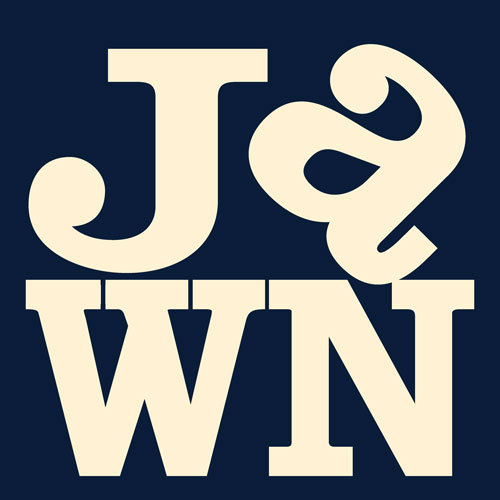If you were to ask an American to name a pop star from each decade, these are names that many would be familiar with. Below is a list to get you started on learning more about American music, with links to a famous song from each artist and a brief explanation of why each one is so popular. In order to keep the list short, we didn’t include British artists like the Beatles, Led Zeppelin, Elton John, Adele, and countless more, but we’ll have a follow-up post for that!
2000s:
Lady Gaga: Famous for her unusual style and not wearing pants. Some of her most popular hits are Judas, Born This Way, and Alejandro.

Taylor Swift: Initially famous for being a country singer, Swift quickly started producing pop music. A common theme of her music is her past relationships and breakups. One of her most popular songs in recent years is Shake It Off.

Beyonce: Beyonce first became famous in the nineties as part of a group called Destiny’s Child. She later became a solo artist. She is married to Jay-Z, a famous rapper. She’s received a lot of attention lately for her performances and music videos highlighting issues related to race in America. Single Ladies is considered one of the best-selling singles of all time, and the dance moves from this video are frequently imitated by other dancers.

Kanye West: Kanye West is popular not only for his music, but his controversial and confusing statements, especially in interviews. West is known for being outspoken, as he demonstrated when he famously stood up during Taylor Swift’s awards speech at the MTV Music Video awards to say that Beyonce should have won instead. Kanye West is married to famous reality star Kim Kardashian. All Falls Down and Homecoming are two popular songs he’s had over the past few years.

90s:
Vanilla Ice: Vanilla Ice was a “one-hit wonder,” meaning that he was popular for only one of his songs. Ice Ice Baby is one of the most iconic songs of the nineties.

Tupac Shakur: Tupac (also known as 2Pac) is considered one of the greatest rappers of all time, and continues to be a best-selling artist 20 years after his death at the age of 25. He also collaborated with several famous rappers, as seen in California Lovin, a collaboration with Dr. Dre.

** FILE **This 1993 file photo shows rap musician Tupac Shakur. A new biopic on the slain rapper Shakur is coming. Morgan Creek Productions and Emmett/Furla Films announced in a Thursday, Sept. 19, 2013, news release they are in final negotiations to partner on the production of Tupac. (AP Photo/FILE)
Britney Spears: One of the most famous pop artists of the nineties. She had a comeback in the mid-2000s after struggles with mental health issues. The song that first brought her to fame was …Baby One More Time.

A Note on Boy Bands: The nineties was the era of the boy bands, including The Backstreet Boys, N*Sync (whose lead singer, Justin Timberlake, later went on to a solo career), and 98 Degrees.

Nirvana: One of the most influential rock bands of the nineties. Kurt Cobain, the lead guitarist and singer, wanted to break free of the traditional rock music at the time and mixed punk rock and pop sounds. Smells Like Teen Spirit is one of their most iconic songs. Cobain committed suicide in 1994, but the band continues to be popular among those who grew up in the nineties.
Eminem: One of the most influential rappers, Eminem was also one of the first white rappers to become famous in a mostly black music genre. Slim Shady and Lose Yourself are some of his most famous songs.

80s:
Prince: Prince, who died in 2016, was an iconic musician all through the eighties and nineties. He is known for breaking gender and racial stereotypes, particularly in his androgynous fashion style and how he performed on-stage. Purple Rain is one of his best-known songs.

Whitney Houston: One of the most awarded and best-selling female musicians of all time. She is especially known for the quality of her voice. I Will Always Love You is one of her most well-known songs.

Whitney Houston in the movie “The Bodyguard”
Madonna: One of the most famous artists of the past several decades, and the best-selling female recording artist of all time. Like A Prayer is a song that has stood the test of time (in other words, it remains popular over time and from generation to generation). What makes Madonna so important is that she made it possible for other female solo artists after her to become successful. Madonna is especially beloved in the gay community, and has even earned the nickname “Her Madgesty.”

70s:
Aerosmith: This rock band was strongly influenced by the success of the Beatles and the Rolling Stones. Dream On is one of their biggest hits, and Eminem borrowed parts of the song in his own music.

Kiss: A heavy metal and hard rock band known for wearing white and black face paint during performances. Here’s a video of them performing Love it Loud in their typical costumes and makeup.

Bob Dylan: Known as one of the greatest songwriters of all time, he popularized folk music and typically played with a harmonica on-stage. Here’s a video of him performing Man of Constant Sorrow at a very young age.

60s:
The Grateful Dead: This band combined reggae, rock, folk, and bluegrass music styles. The band is frequently associated with hippie culture. Fans of the band were known as “deadheads.” Truckin’ was recognized by the Library of Congress as a national treasure.
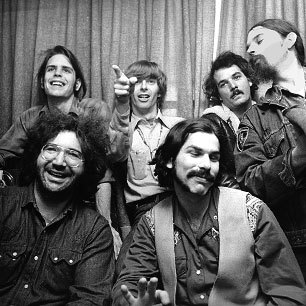
The Beach Boys: Compare the Beach Boys to the boy bands of the 1990s, and you probably wouldn’t recognize the two sounds. The Beach Boys were a band of mostly brothers who played 1950s-style rock n’roll. Good Vibrations remains one of their most recognized songs.
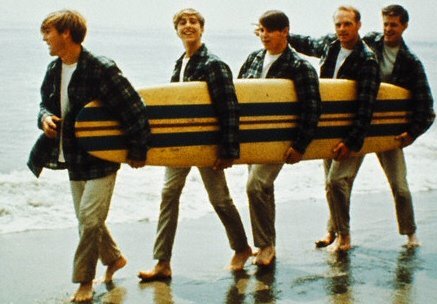
The Doors: Like The Grateful Dead, The Doors played a critical role in the hippie movement of the 1960s. Riders on the Storm remains a popular song today.

The Jackson 5 (which led to Michael Jackson): The Jackson 5 consisted of brothers from the Jackson family–most notably, Michael and Germaine Jackson, who would both go on to solo careers. ABC and Shake Your Body show the contrast between Michael Jackson’s voice as a child and a young adult.

50s:
Elvis Presley: Known as the King of Rock n’ Roll, no other artist in history has sold as many records (Michael Jackson comes in second and Madonna in third). He was influenced by gospel music and one of the first performers of the rockabilly genre, a combination of blues and rock. Here he is performing Jailhouse Rock.

The Supremes: An all-female vocal group, the Supremes were one of the first group of black female performing artists to achieve fame without relying on dance routines or masculinized appearances. The group typically performed in gowns and wore elaborate wigs and makeup to appear elegant and classy. Stop in the Name of Love stands the test of time.

Frank Sinatra: Considered a timeless artist, Frank Sinatra was a solo artist known for wearing tuxedos and custom suits during his performances. He was also an actor in numerous films. Come Fly with Me is still a timeless classic.
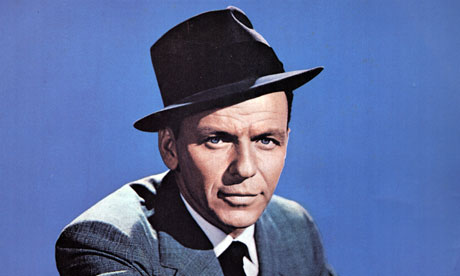
Ray Charles: Ray Charles was a musician who combined blues, jazz, and country music, and he’s nicknamed the High Priest of Soul. He was blind most of his life. Hit the Road Jack and I Got a Woman are two of his most famous songs (note that “I Got a Woman” influenced Kanye West’s Gold Digger).

That’s our brief history of American music from the 1950s to present. How many of them were you most familiar with? Who do you listen to? Discuss your favorite American music with a Conversation Partner!





